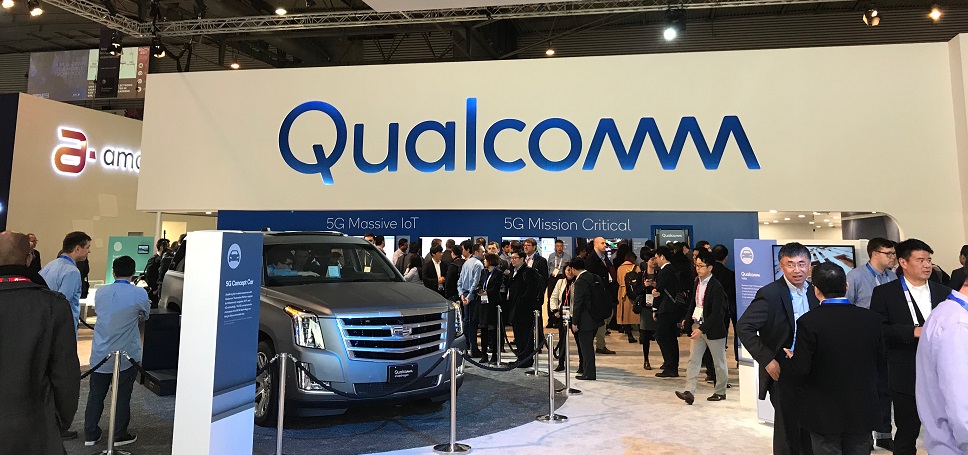Qualcomm 9205 LTE modem promises flexible connectivity and low power for IoT
New modem builds on success of predecessor

Qualcomm has detailed a new LTE modem for Internet of Things (IoT) applications, promising more efficient power consumption and connectivity options for manufacturing partners.
The Qualcomm 9205 LTE includes support for several Low Power Wide Area (LPWA) standards, including LTE-M, NB-IoT and 2G, while also promising to reduce power use by up to 70 per cent when compared to its predecessor, the Qualcomm MDM9206.
The chipset’s RF transceiver supports spectrum ranging from 450MHz to 2.1GHz – that’s more than 23 bands – and is equipped with additional geolocation capabilities, hardware-based security and developer tools. It’s also half the size of the MDM9206.
Qualcomm 9205 LTE modem
“We expect this to leapfrog all other chipsets on the market and this will be on a long-lifecycle product to expect manufacturing for several years. This is a huge investment which shows our commitment.”
“The innovations included in the Qualcomm 9205 LTE modem are critical to support many of the 6 billion IoT devices expected to use low-power, wide-area connectivity by 2026,” said Vieri Vanghi, head of product management at Qualcomm Europe.
“LTE IoT technologies are the foundation of how 5G will help connect the massive IoT, and we are making these technologies available to customers worldwide to help them build innovative solutions that can help transform industries and improve people’s lives.”
Qualcomm is keen to stress that the 9205 LTE modem is compatible with previous generations of Qualcomm’s LTE software, allowing existing customers to easily migrate and maximise their investment.
Sign up to the TechRadar Pro newsletter to get all the top news, opinion, features and guidance your business needs to succeed!
“It’s only recently that we’ve seen volumes of this chipset go up on a steep trajectory, but it’s also important that the MDM9206 has had great adoption in terms of design,” Vanghi explained. “It’s not just volume, but it gives us a large customer base to migrate onto the next generation.”
“The 9205 is purpose built for IoT, building upon its predecessor. All customers will be able to leverage the software assets for the 9206 on the 9205 with no change. This will enable a very quick transition."
- Here are the best mobile phone deals for December 2018
Steve McCaskill is TechRadar Pro's resident mobile industry expert, covering all aspects of the UK and global news, from operators to service providers and everything in between. He is a former editor of Silicon UK and journalist with over a decade's experience in the technology industry, writing about technology, in particular, telecoms, mobile and sports tech, sports, video games and media.